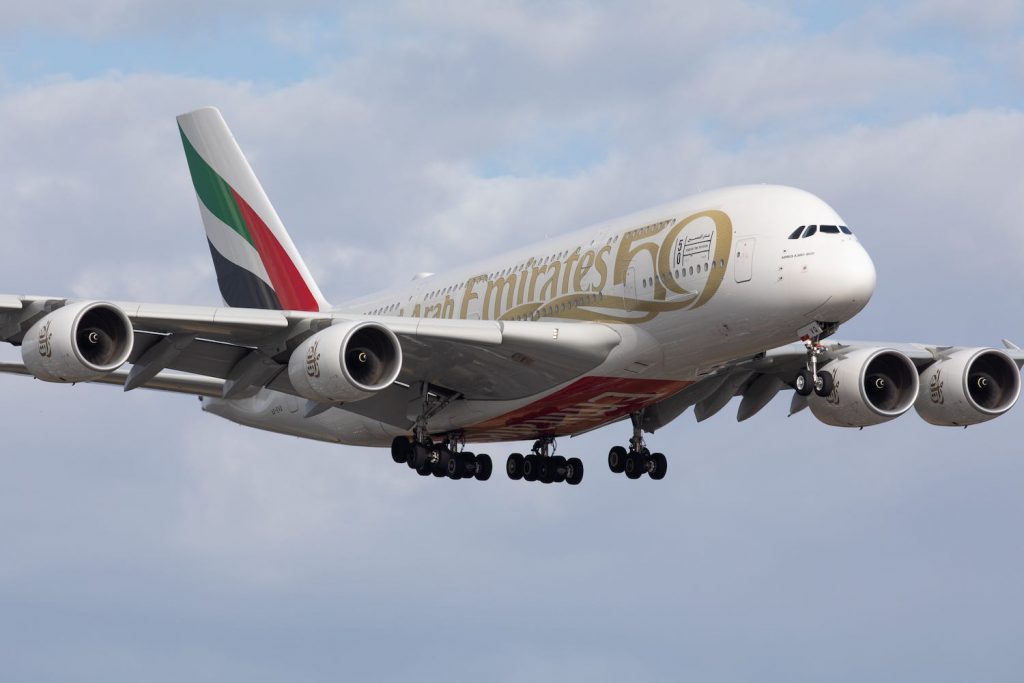- Emirates is refusing to limit ticket sales for flights out of London's Heathrow airport.
- In a statement on Thursday, the airline called demands to limit passengers "unreasonable".
- On Tuesday, Heathrow capped daily passenger numbers and asked airlines to reduce ticket sales.
Emirates is refusing to reduce the number of tickets it sells for flights to and from Heathrow despite the London airport's plea for airlines to cut capacity to reduce travel disruption.
"Until further notice, Emirates plans to operate as scheduled to and from LHR," the airline said in a statement on Thursday.
On Tuesday, Heathrow CEO John Holland-Kaye announced a cap to limit the number of passengers handled daily at 100,000 until 11 September, and urged airlines to stop selling tickets to limit the impact of cancellations and delays on customers.
Emirates said it rejected the "entirely unreasonable and unacceptable" demands because it was impossible to rebook all those passengers potentially affected over the coming weeks.
"Moving some of our passenger operations to other UK airports at such short notice is also not realistic. Ensuring ground readiness to handle and turnaround a widebody long-haul aircraft with 500 passengers onboard is not as simple as finding a parking spot at a mall," the statement said.
Heathrow, like many airports globally, has suffered long queues and baggage mountains as the aviation industry struggles to cope with peak summer travel demand and staff shortages in the wake of the pandemic.
Airlines have already cancelled thousands of flights this summer as a result. Tuesday's cap followed an earlier request by Heathrow for carriers to cancel flights on June 30 over concerns that it didn't have the capacity to safely handle the anticipated number of passengers.
Emirates, which runs six daily flights from the hub, blamed Heathrow for the disruption, claiming the airport's management had not prepared for the rebound in travel demand. As a result it faced an "airmageddon situation due to their incompetence and non-action, they are pushing the entire burden – of costs and the scramble to sort the mess - to airlines and travellers."
A spokesperson for Heathrow said the airport had no choice but to impose the capacity cap after airlines failed to come up with clear plans on how to address their resourcing challenges.
"It would be disappointing if instead of working together, any airline would want to put profit ahead of a safe and reliable passenger journey," the spokesperson said.
The spokesperson told Insider that ACL, which is responsible for landing slots at airports, is working with airlines to ensure that the cap is proportionate.
Emirates did not immediately respond to Insider's request for further comment.
It's not the only airline to criticize the introduction of the passenger cap, which was introduced with just 36 hours notice.
Virgin Atlantic's chief operating officer, Corneel Koster, told the Press Association: "We can't give up on summer." He said the airline is concerned that Heathrow's plan is "not targeted enough" at addressing the bottlenecks.

